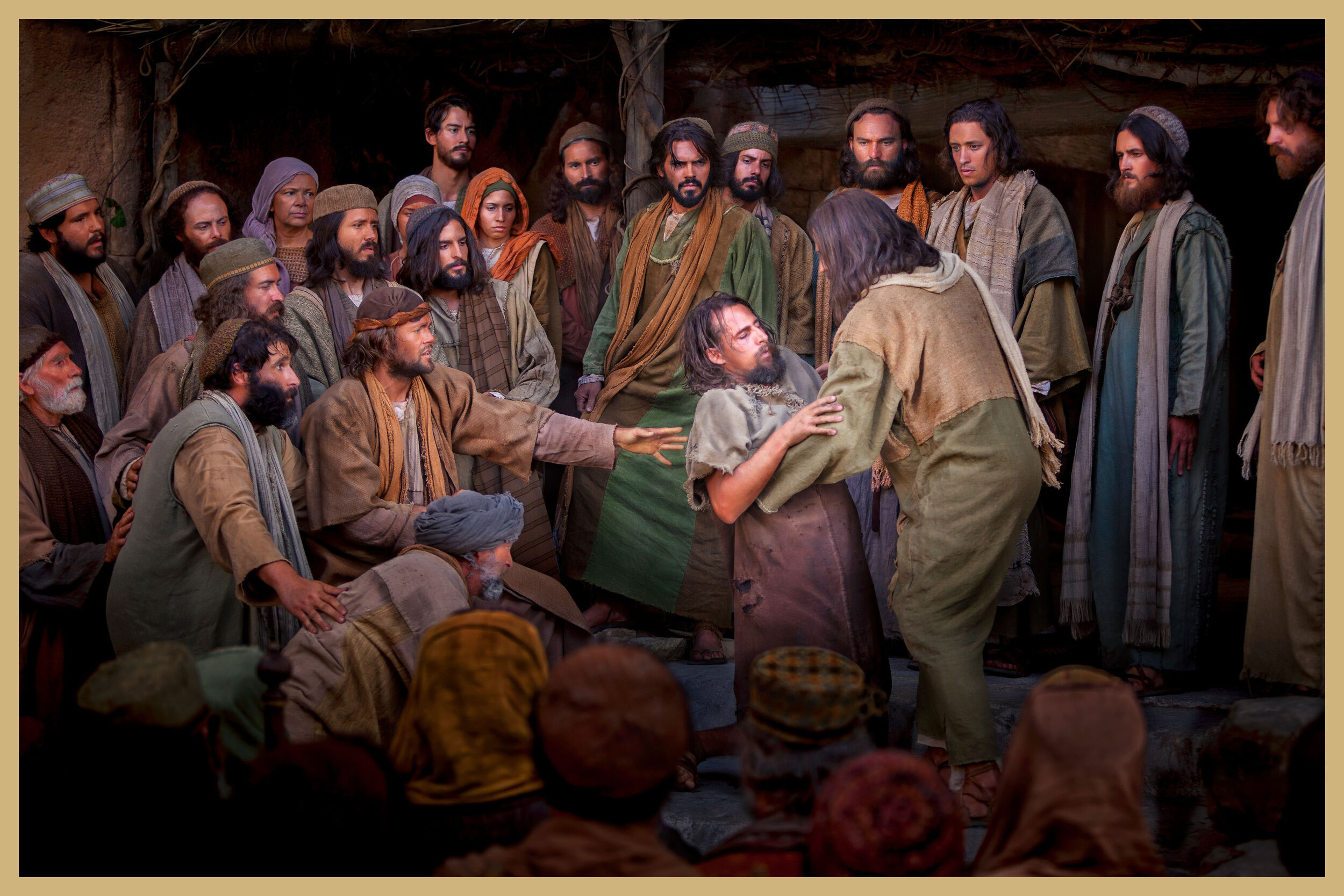One of my best friends on and off the road is Janet Paschal. I always smile when I hear people describe her as if she were a china doll, fragile, breakable, and delicate with black patent leather shoes painted on her china feet. Okay, yes, Janet is petite and beautiful with a voice that can sooth the troubled beast, but she is no china doll. She is smart, witty, and certainly no push-over. She has opinions and good logic to back them up. Janet is also a good songwriter.
One of her best songs is one she wrote about her grandfather when he was leaving this world, “Another Soldier’s Coming Home.” It’s addressed to her heavenly Father about this dear man who served God faithfully all his life. So many of those who have lost a loved one who was a role model of faith over the years have identified with this song.
Of course, because of the soldier metaphor in the song, it has resonated with many military families. Years after she wrote it, Janet got word that a soldier that had been killed in 1972 during the Vietnam War, listed as an unknown soldier, and buried at the Tomb of the Unknown Soldier at Arlington National Cemetery, had been identified by his DNA as Michael Blassie and was being shipped home to his family in Missouri. The family contacted Janet to ask if she would come to the ceremony for his reburial and sing her song, “Another Soldier’s Coming Home.” The military burial was covered by all the major networks.
Bill and I watch the beautiful service with tears in our eyes as this once lost and unidentified young man was celebrated by his mid-west family and community. One of the moving speeches was given by a high-ranking officer who said in his tribute, “This may be the last unknown soldier to serve our country because of the discovery of DNA....”
It was that line that caught my attention. I kept thinking that this soldier, who knew Jesus and had come from a family of strong faith, was never unidentified or missing-in-action in the Army of the Lord. No faithful soldier in the service of that army can ever be lost. God has always had our DNA and never leaves those who serve Him to languish on life’s battlefield.
In the next few days after the ceremony in St. Louis, I wrote the lyrics to “No Unknown Soldier” to which Lari Goss wrote the perfect music. The song was recorded by Ernie Haas and Signature Sound on their upcoming project, and they sang it at the Homecoming taping in Johannesburg, South Africa.
Thanks to Janet’s tribute to her grandfather and a ceremony to an “unknown soldier” whose identity was finally established, and to an officer who paid tribute to him, a deep truth was stamped on my heart. God has our true identity established forever. We are of a royal lineage and can never be lost from the care of the King that we serve.

























































